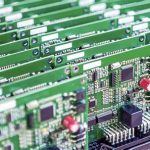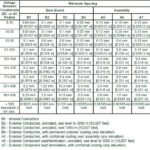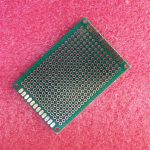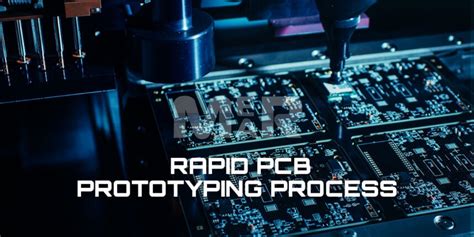
Blog
-
 Read more: Online PCB Prototyping Quotes with Full Self-service
Read more: Online PCB Prototyping Quotes with Full Self-serviceIntroduction to PCB Prototyping PCB prototyping is an essential step in the electronics design process, allowing designers to test and validate their designs before moving to full-scale production. With the advent of online PCB prototyping services, obtaining quotes and ordering prototypes has become more accessible and efficient than ever before. […]
-
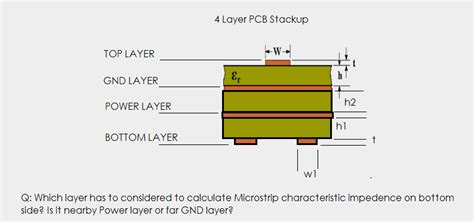 Read more: About PCB Layers, You Need to Learn For Your Project
Read more: About PCB Layers, You Need to Learn For Your ProjectIntroduction to PCB Layers Printed Circuit Boards (PCBs) are essential components in modern electronics. They provide a platform for mounting and interconnecting electronic components, enabling the creation of complex circuits. One crucial aspect of PCB design is the number and arrangement of layers within the board. In this article, we […]
-
8 Aspects On How To Estimate PCB Assembly Cost
Posted by
–
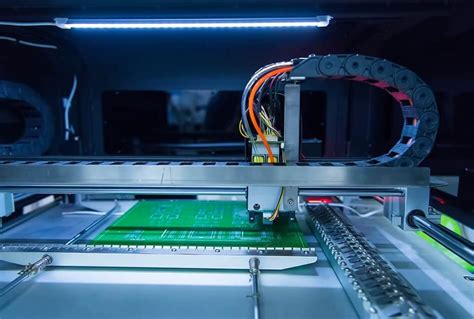 Read more: 8 Aspects On How To Estimate PCB Assembly Cost
Read more: 8 Aspects On How To Estimate PCB Assembly CostFactors Affecting PCB Assembly Cost Several factors contribute to the overall cost of PCB assembly. Understanding these factors is essential for accurate cost estimation and making informed decisions during the manufacturing process. 1. PCB Design Complexity The complexity of the PCB design is one of the primary factors affecting assembly […]
-
PCB Design Companies that use PADS Power PCB
Posted by
–
 Read more: PCB Design Companies that use PADS Power PCB
Read more: PCB Design Companies that use PADS Power PCBIntroduction to PCB Design and PADS Power PCB Printed Circuit Board (PCB) design is a critical aspect of electronic product development. PCBs are the backbone of modern electronics, connecting and supporting various components to create functional devices. As the demand for more complex and compact electronic products grows, the need […]
-
Prototyping Your PCBs In Europe Or In China?
Posted by
–
 Read more: Prototyping Your PCBs In Europe Or In China?
Read more: Prototyping Your PCBs In Europe Or In China?The Importance of PCB Prototyping PCB prototyping is an essential step in the development of electronic devices. It allows engineers and designers to test and validate their designs before moving into mass production. By creating a physical prototype, potential issues can be identified and resolved early on, saving time and […]
-
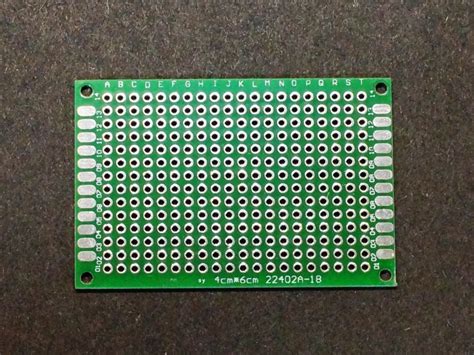 Read more: Quick Turn and Fast PCB prototype for Engineers and Makers
Read more: Quick Turn and Fast PCB prototype for Engineers and MakersWhat is PCB Prototyping? PCB prototyping is the process of creating a physical representation of a circuit design for testing and validation purposes. It involves the fabrication of one or more copies of a PCB based on a digital design files, such as a schematic and PCB layout. PCB Prototypes […]
-
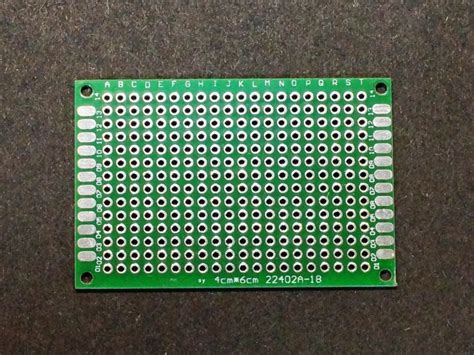 Read more: Multilayer PCB Prototype & Manufacture in RAYMING
Read more: Multilayer PCB Prototype & Manufacture in RAYMINGIntroduction to PCB Prototype In the world of electronics, Printed Circuit Boards (PCBs) play a crucial role in connecting and supporting electronic components. As technology advances, the demand for more complex and compact PCBs has increased, leading to the development of multilayer PCBs. RAYMING, a leading PCB manufacturer, specializes in […]
-
RAYMING Helps You Get Satisfactory PCB Prototype
Posted by
–
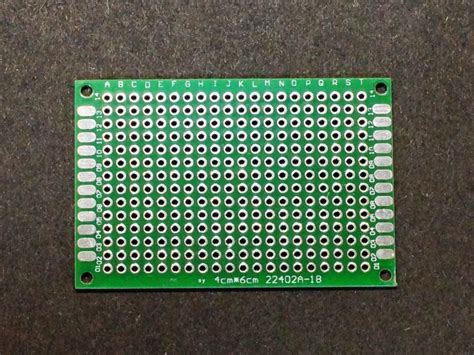 Read more: RAYMING Helps You Get Satisfactory PCB Prototype
Read more: RAYMING Helps You Get Satisfactory PCB PrototypeIntroduction to PCB Prototyping PCB prototyping is a crucial step in the electronics design process, allowing engineers and designers to test and validate their designs before moving into full-scale production. A PCB Prototype is a physical representation of the circuit board design, which can be used to assess functionality, identify […]
-
Quick Turn PCB Quotes
Posted by
–
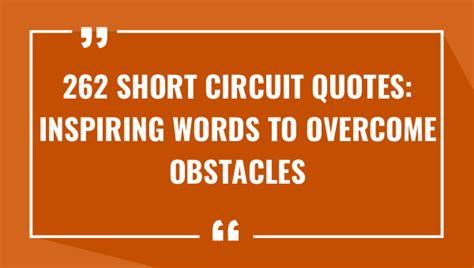 Read more: Quick Turn PCB Quotes
Read more: Quick Turn PCB QuotesWhat Are Quick Turn PCB Quotes? Quick turn PCB quotes refer to the process of obtaining rapid price estimates for the fabrication of printed circuit boards (PCBs) from manufacturers. These quotes are essential for businesses and individuals who require fast turnaround times for their PCB projects. Quick turn PCB quotes […]
-
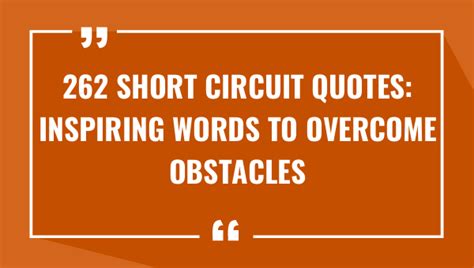 Read more: Why PCB assembly service quotes are essential for your PCB projects?
Read more: Why PCB assembly service quotes are essential for your PCB projects?Introduction to PCB Assembly and the Importance of Quotes Printed Circuit Board (PCB) assembly is a crucial process in the manufacturing of electronic devices. It involves the placement and soldering of electronic components onto a PCB, which serves as the foundation for the device’s functionality. Whether you are a hobbyist […]
